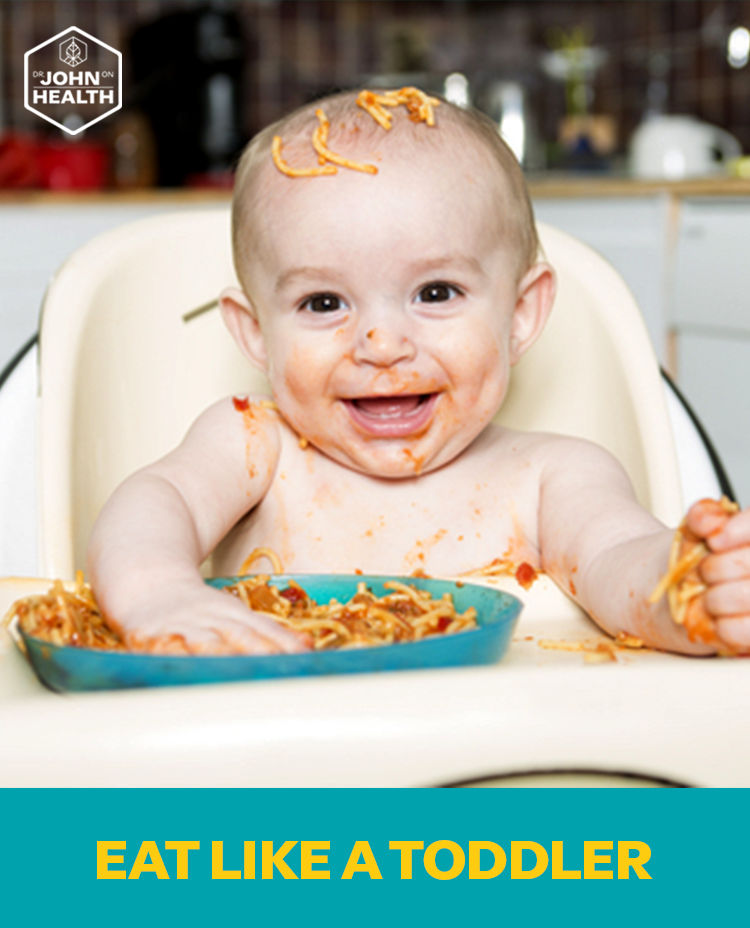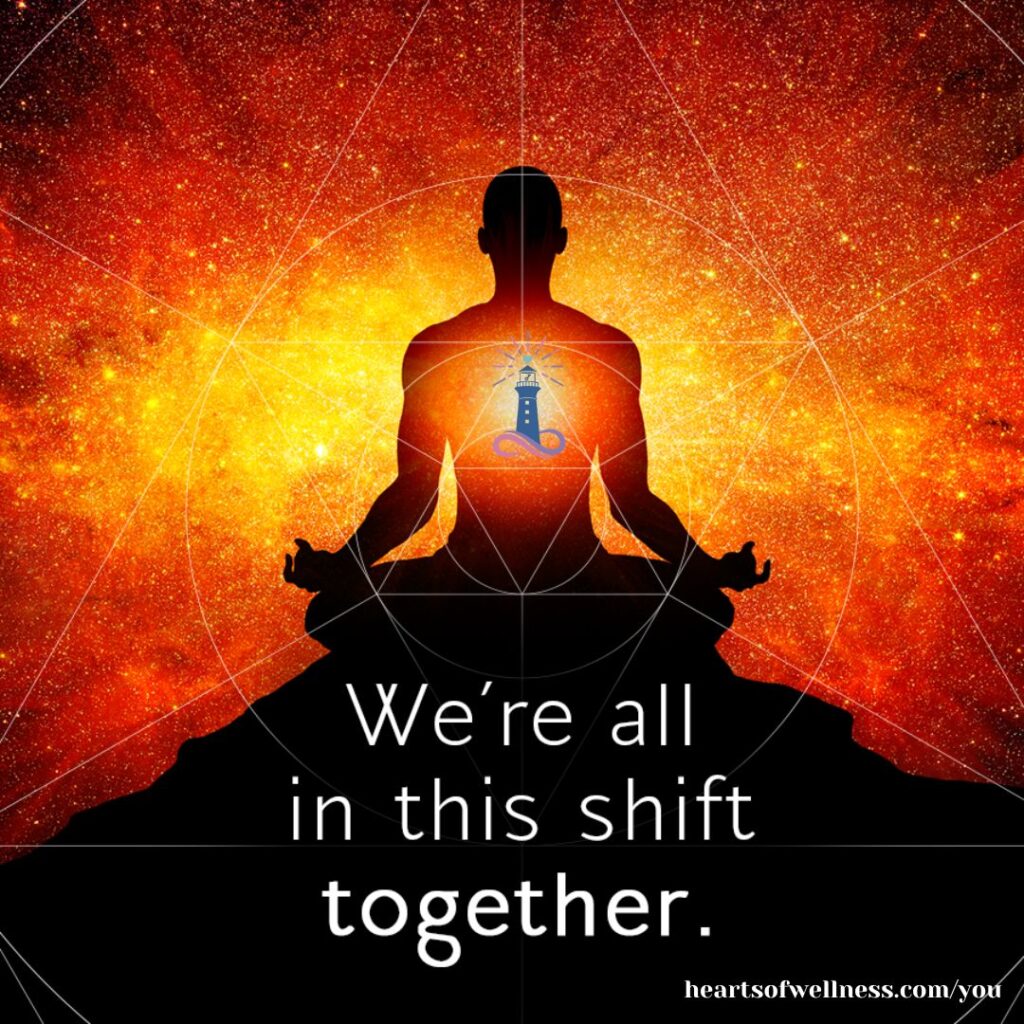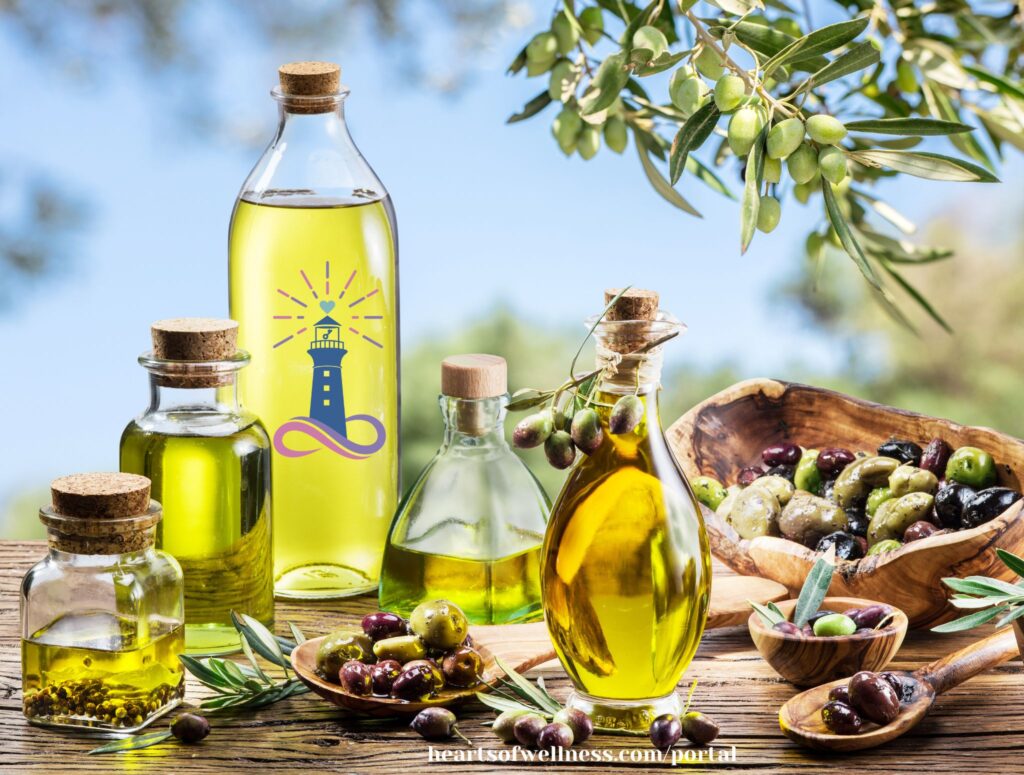
Life is really simple, but we insist on making it complicated. From Confucius 2,500 BC
Welcome to the weekly edition of Unlocking Your Greatness with Wendy Bjork. As an international bestselling author, speaker and guide to others, as well as founder of heartsofwellness.com, it is my mission to help others understand where we’ve been in order to make progress forward and live our best lives!
Are you a clear decision maker?
As a choice between alternative courses of action (including inaction), it’s one of the core functional values that every person adopts and implements to ensure optimum performance. It’s important to understand the decision-making process and how to make decisions alone or in groups while avoiding common decision-making traps.
Let’s say you received two job offers in the same week. One sounds like a better fit, but the one that might not be a good fit pays more money. Your brain is experiencing cognitive dissonance, the internal conflict that occurs when you hold two different beliefs at the same time. This is how your brain works, and it’s why you feel the tension that arises when faced with a difficult choice.
You can minimize the negative effects of a bad decision by recognizing the tension and taking steps to resolve it. The key is to identify and understand what aspects of each option are appealing to you so that you can choose the one that makes sense for your needs. For example, if both options offer a decent pay rate, it might be a good idea to consider the amount of work you enjoy doing and how much satisfaction you derive from it – not just how much money you’ll bring home each month.
The positive effects of good decision making are:
- Having less regret and being more present in your relationships with those who matter most to you.
- Being able to make decisions that align with what you want for yourself and the future you envision will allow you to be more effective at work, and will give your colleagues confidence that you’re in control.
- You’ll also be able to listen better and respond in a way that makes people feel heard and valued.
Every day, you make thousands of decisions, large and small. They range from whether to eat that decadent cupcake or go out with friends to when to start a new job, but all decisions require some form of risk-taking and reward calculation. The prevailing theory is that these calculations are integrated, but Yale researchers have discovered that they’re actually distinct.
The team manipulated brain circuits while rats made decisions and found that circuits from the orbital frontal cortex, seat of higher order thinking, connected to deeper brain regions to perform three different decision-making calculations. One process gathers information, such as a flick of the lighter’s flame, to communicate to your reward system (which releases the feel-good chemical dopamine), which will then guide your choice of action. Another process calculates the rewards and risks of each action and determines if it’s worth continuing, while the third process stores memory of past choices, good or bad.
Scientists have long understood how the brain learns, but not so much about what helps us decide. For example, when you try to ride your bike for the first time, your brain needs to think about pedaling, staying balanced, looking at the road and steering with the handlebars all at once. But after you ride it a few times, neurons send messages back and forth over and over until they have successfully created a pathway for you to do it without even thinking about it.
To understand how the brain might help us choose, Hogeveen’s lab scanned participants’ brains while they chose between two visual patterns of red and green stripes running horizontally or vertically. The scientists were able to predict their subjects’ future choices at an average of 11 seconds before the thoughts became conscious. This prediction was dependent on activity housed in executive brain areas, as well as visual and subcortical structures, suggesting a larger network of areas that contribute to the birth of thoughts.
Since we cannot do more than one thing at a time, our brain is constantly making decisions for us. By tapping into all three of our brains, we can make easier decisions. Our mind brain provides cognitive intelligence, our heart brain provides emotional intelligence, and our gut brain can be where we feel our truth.
Once we decide, our mind brain goes to work in helping us achieve what we are trying to accomplish and we are on our way!
If there is any support I can offer, feel free to visit heartsofwellness.com or send a message to media@heartsofwellness.com.
She inspires them to live in acceptance, creating massive ripple effects in the world as she teaches them to simplify and purify their lives.
Her HeartsofWellness.com platform is the place for women to begin receiving the support they are seeking as they create their roadmap back to wellness with Wendy lighting their path.
She is a pioneer in advocacy and mentorship. Wendy is leading a global revolution of women walking in purpose and peace as she illumines their path ahead with the light of HOPE: Harmony, Options, Peace & Empowerment.
Follow Wendy: heartsofwellness.com/newsletter






